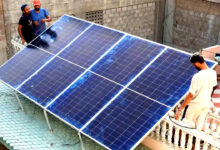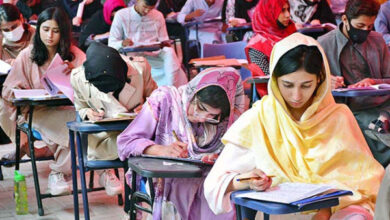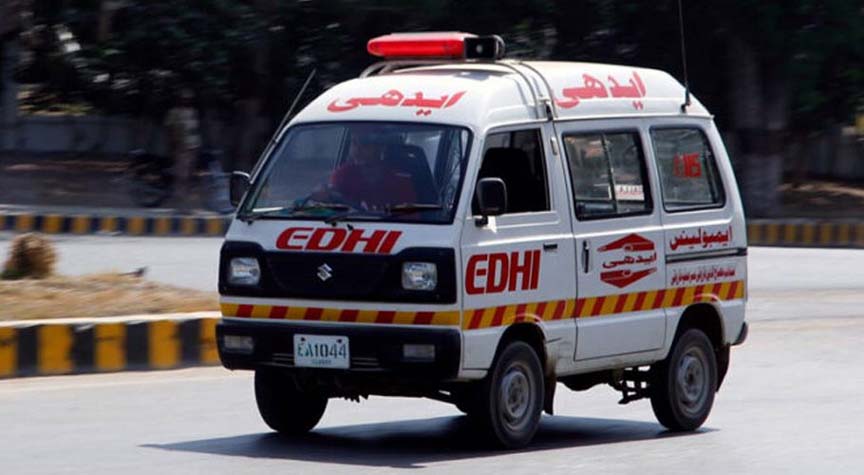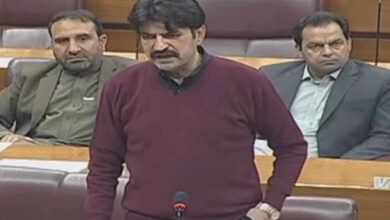Pakistan’s 5G Auction Delayed Again; Concerns Over Accessibility and Cost
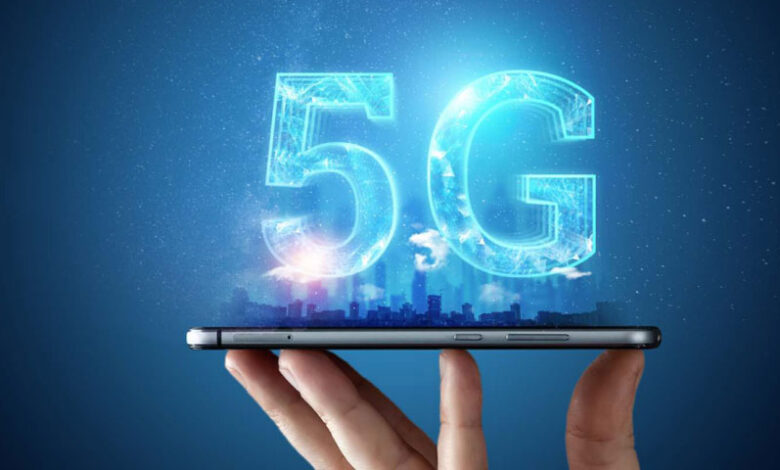
Islamabad,Pakistan:The long-awaited 5G auction in Pakistan has once again faced delays, raising questions about the timeline for the rollout of the next-generation mobile network. In August of the previous year, interim Federal Minister Dr. Umar Saif announced that 5G would be launched within the next 10 months. However, more than a year later, the auction process has yet to begin.
The government has now recommitted to moving forward with the 5G auction, but concerns regarding the cost of 5G packages and the affordability of 5G devices persist. Experts are particularly worried about whether the public will be able to afford 5G services, with initial package prices expected to be higher than 3G and 4G plans.
**5G Packages: Expensive, But Market Competition Could Lower Costs**
Sajjad Mustafa, Chairman of the Pakistan Software Exporters Association (P@SHA), speaking to *V News*, emphasized the potential benefits of 5G for industry and e-commerce, noting that Pakistan is already lagging behind in 5G adoption. He acknowledged that 5G packages would initially be more expensive than current 3G and 4G plans, but predicted that competition between telecom companies would eventually bring down prices, as seen with previous technological rollouts.
**Pakistan’s Struggles with Internet Speed**
According to the latest *Ookla Speedtest Global Index*, Pakistan ranks 100th out of 111 countries for mobile internet speed and 141st out of 158 countries for broadband speed. This decline in internet speed, particularly in terms of mobile and broadband connectivity, presents significant obstacles to Pakistan’s digital economy. As a result, the arrival of 5G could play a crucial role in improving internet speeds and supporting digital activities.
**5G Rollout Faces Challenges: Access and Device Compatibility**
Digital rights expert Dr. Haroon Baloch raised concerns about the slow rollout of 5G in Pakistan. He pointed out that initial access would likely be limited to major cities, and only those who can afford 5G services would benefit. Additionally, many existing devices in Pakistan do not support 5G, meaning that consumers will need to upgrade their smartphones to access 5G networks.
Dr. Baloch also urged the government to ensure that telecom companies focus not only on offering high-quality services but also on making 5G accessible and affordable for all.
**Potential Economic Impact of 5G**
Experts also highlighted the economic opportunities that 5G could bring. Tamjeed Ejazi, an IT expert, noted that in countries where 5G has already been implemented, the pricing of 5G packages has remained close to that of 4G plans. He believes that once 5G services are available in Pakistan, consumers will gradually shift to 5G-enabled devices, just as they did during previous transitions from 2G to 3G and from 3G to 4G.
Ejazi stressed that the introduction of 5G would not only improve internet speed but also support industries such as software development, freelancing, and IT exports, contributing to Pakistan’s overall economic growth.
**Conclusion**
While the delayed 5G auction in Pakistan has raised concerns about pricing and accessibility, experts believe that with proper planning and competition, 5G could significantly benefit the country’s digital economy. However, for 5G to reach its full potential, both the government and telecom companies need to focus on making the technology affordable and accessible to a wider population.

